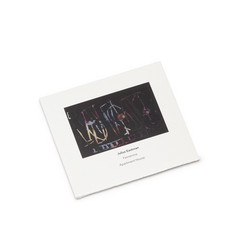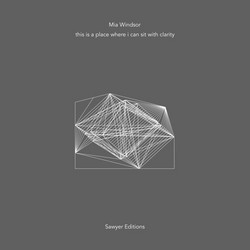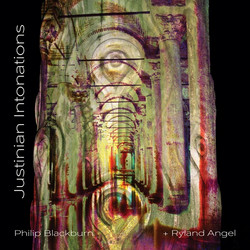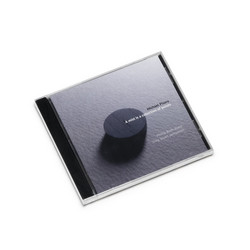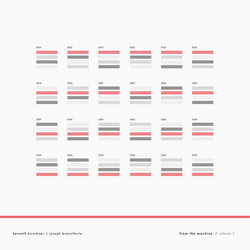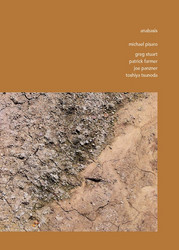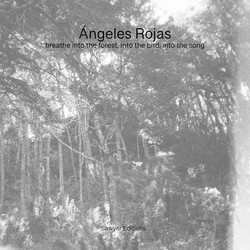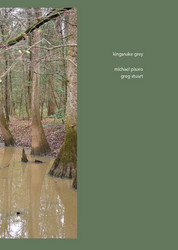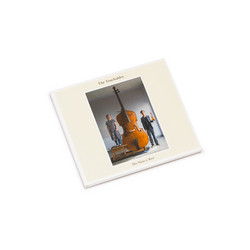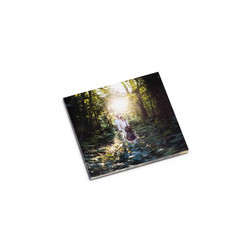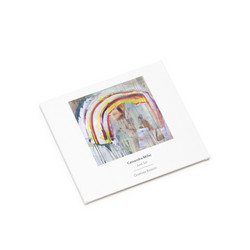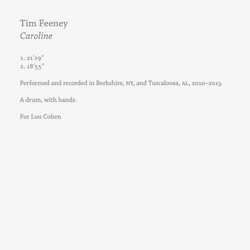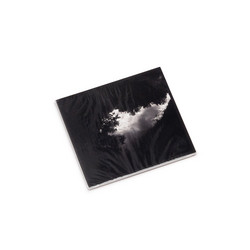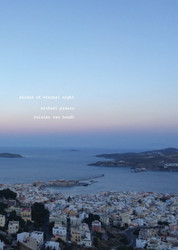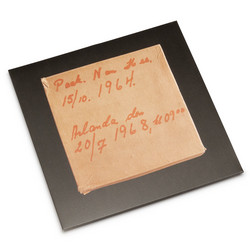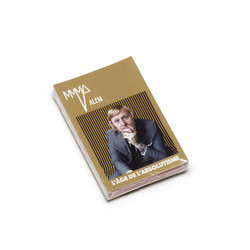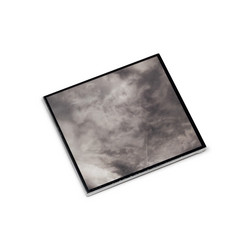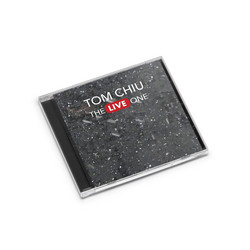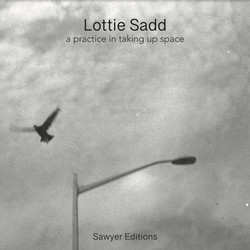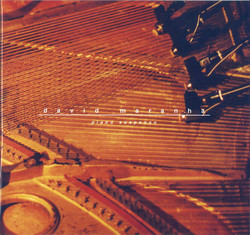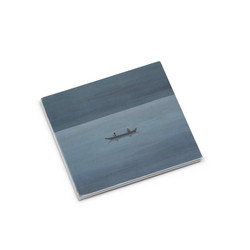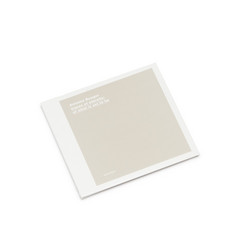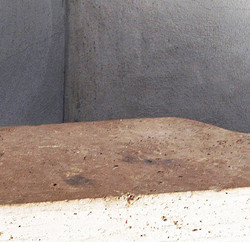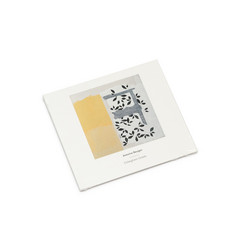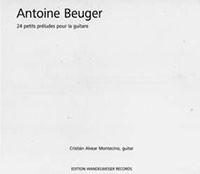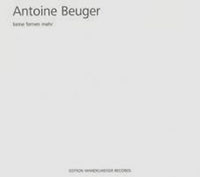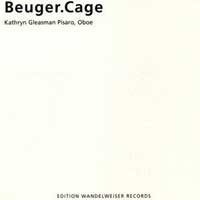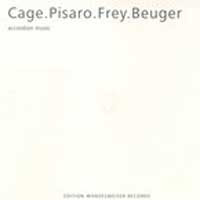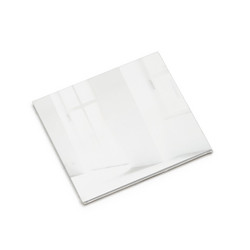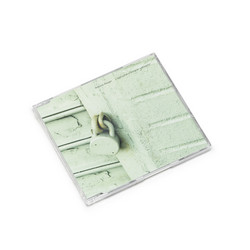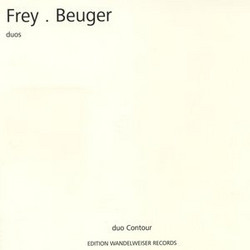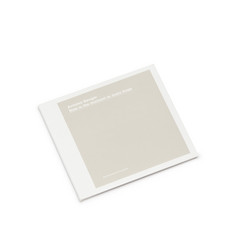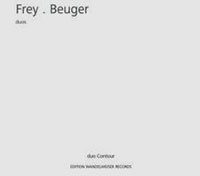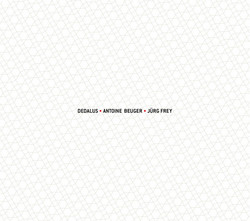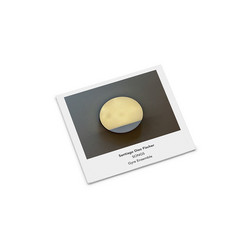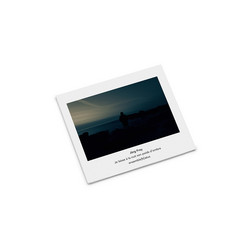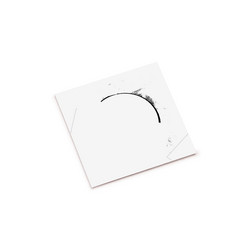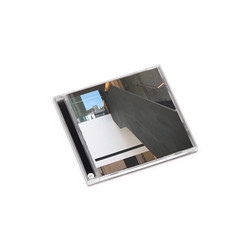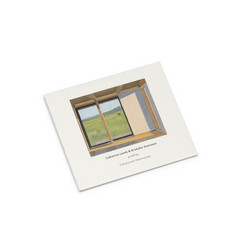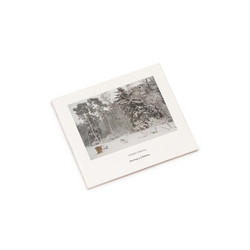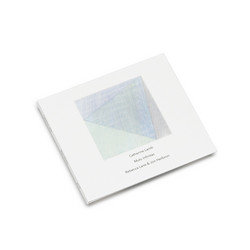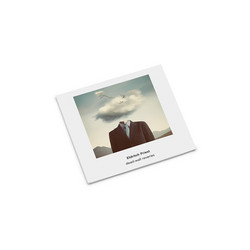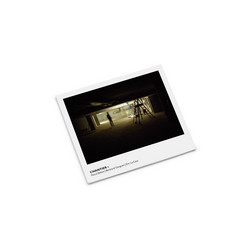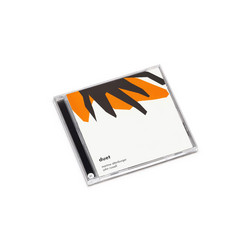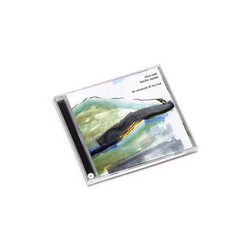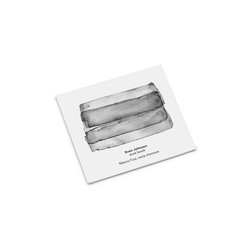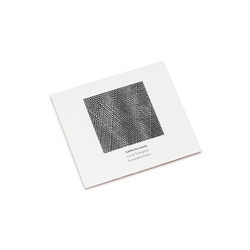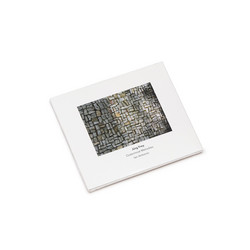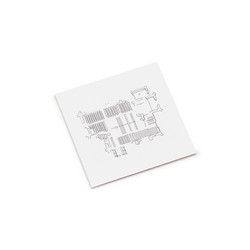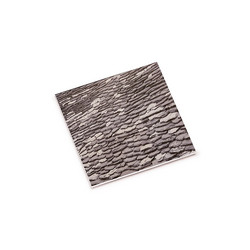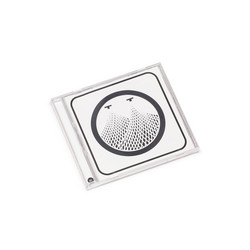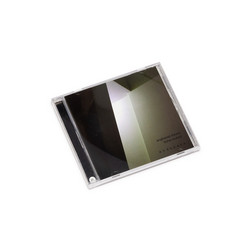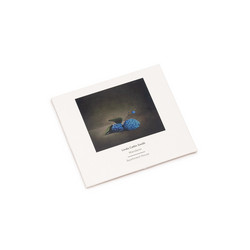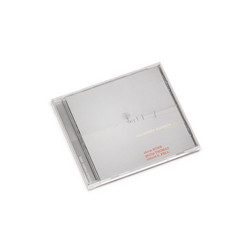Jankélévitch Sextets brings together Antoine Beuger’s reductionist poetics and the responsive intelligence of Apartment House, resulting in a recording defined less by overt drama than by its expansive sense of space and attentive musicianship. Over the span of sixty-four minutes, Beuger crafts a patient tapestry for violin, viola, double bass, bassoon, bass clarinet, and accordion. Each instrument enters as if in dialogue, their lines arising not from thematic contrast but from a shared willingness to dwell in delicately sustained tones and brief, carefully placed silences.
This music, with its organic pacing, resists easy division into movements or narrative arcs. Instead, the sextet forms a living sound field that grows out of the idiosyncrasies of its unusual ensemble configuration. The voices of string and wind instruments interlock softly, moments of near-stillness alternating with quietly efflorescent passages. Throughout, the musicianship of Apartment House is marked by restraint rather than excess. In pieces such as the opening, single attacks on long tones become points of departure for collective balance, gently shifting the center of gravity with each entry.
The philosophical underpinning of the album draws on its namesake, Vladimir Jankélévitch, whose writings on the ineffable in music provide an apt frame: the work is less a statement than a setting for presence, where meaning arises not from explicit gesture but from resonance and relation. Beuger eschews decorative complexity, instead pursuing an approach where listening is enacted as mutual attention and the act of playing becomes almost therapeutic in its calm deliberation. Across Jankélévitch Sextets, Beuger’s mature voice is unmistakable – not in pursuit of novelty for its own sake, but in cultivating musical spaces open to fragility, warmth, and honest coexistence. This album expands the ensemble’s repertoire of Wandelweiser repertoire, while offering a different facet of the Another Timbre catalogue: here, community and duration are themselves foregrounded, making the listening experience as much about perception as about the unfolding sound.

